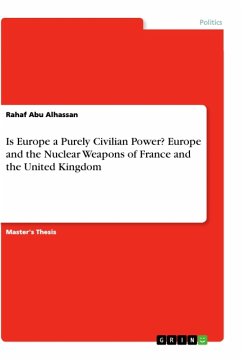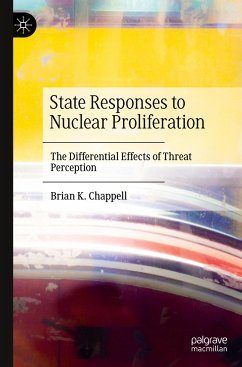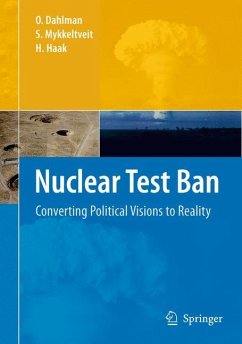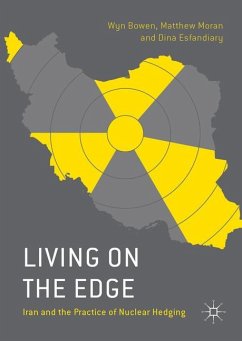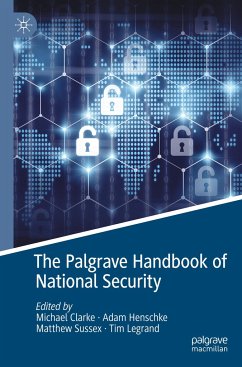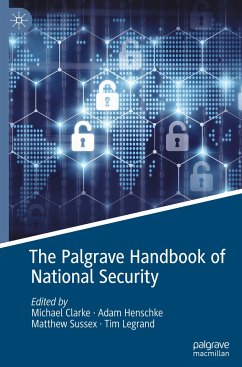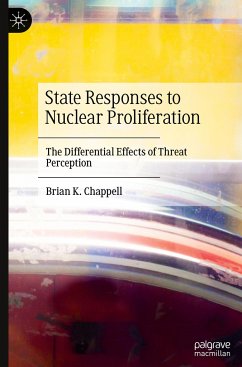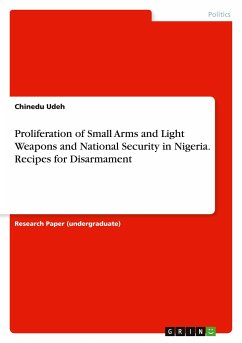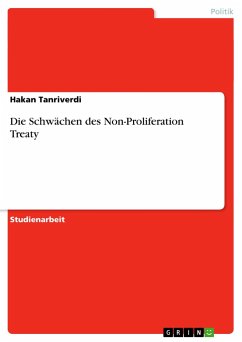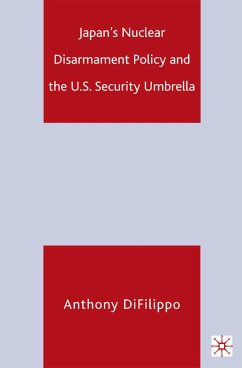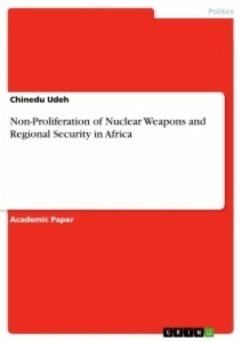
Non-Proliferation of Nuclear Weapons and Regional Security in Africa
Versandkostenfrei!
Versandfertig in 1-2 Wochen
15,95 €
inkl. MwSt.

PAYBACK Punkte
0 °P sammeln!
Academic Paper from the year 2020 in the subject Politics - International Politics - Topic: International relations, grade: A, , language: English, abstract: Peace and security in Africa has been an issue of concern not only within the region but also for the international community because of the negative consequences of conflict in the continent since the 1960s. One of the threats to Africa's regional security is the proliferation of nuclear weapons. African states are not involved in nuclear proliferation as none of the 54 countries is a nuclear state. With the Pelindaba Treaty, Africa has ...
Academic Paper from the year 2020 in the subject Politics - International Politics - Topic: International relations, grade: A, , language: English, abstract: Peace and security in Africa has been an issue of concern not only within the region but also for the international community because of the negative consequences of conflict in the continent since the 1960s. One of the threats to Africa's regional security is the proliferation of nuclear weapons. African states are not involved in nuclear proliferation as none of the 54 countries is a nuclear state. With the Pelindaba Treaty, Africa has washed its hands off proliferation of nuclear weapons and becomes a nuclear weapons free zone. However, Africa is infested with a plethora of security challenges including terrorism and insurgency, which could be compounded if the various terrorist and insurgent groups in the continent could get hold of nuclear weapon. The precarious state of regional security demands that Africa gets activein non-proliferation of nuclear weapons.Using secondary data, the paper argued that non-proliferation of nuclear weapons is important for peace and security in Africa. It noted that the prospect for a nuclear war is higher in the world today than it has ever been and Africa stands to lose woefully in the advent of a nuclear war. The paper noted that Africa's security dilemma would be compounded by nuclear arms race. The paper recommends that African state should focus on addressing the security and humanitarian challenges exacerbated by the proliferation of small arms and light weapons as well as governance deficit. Additionally, African countries must support the UN the Nuclear Non Proliferation Treaty and finally, African countries need to rise up to the root causes of insecurity in the region by addressing poverty, youth bulge, unemployment, infrastructural deficit, ethno-religious rivalry, bad governance and corruption as well as drug and substance abuse. It is the submissionof this paper that Africa must continue to speak with one voice in support of nuclear non-proliferation in Africa and the world in general as well as do more to curb the proliferation of small arms and light weapons.



